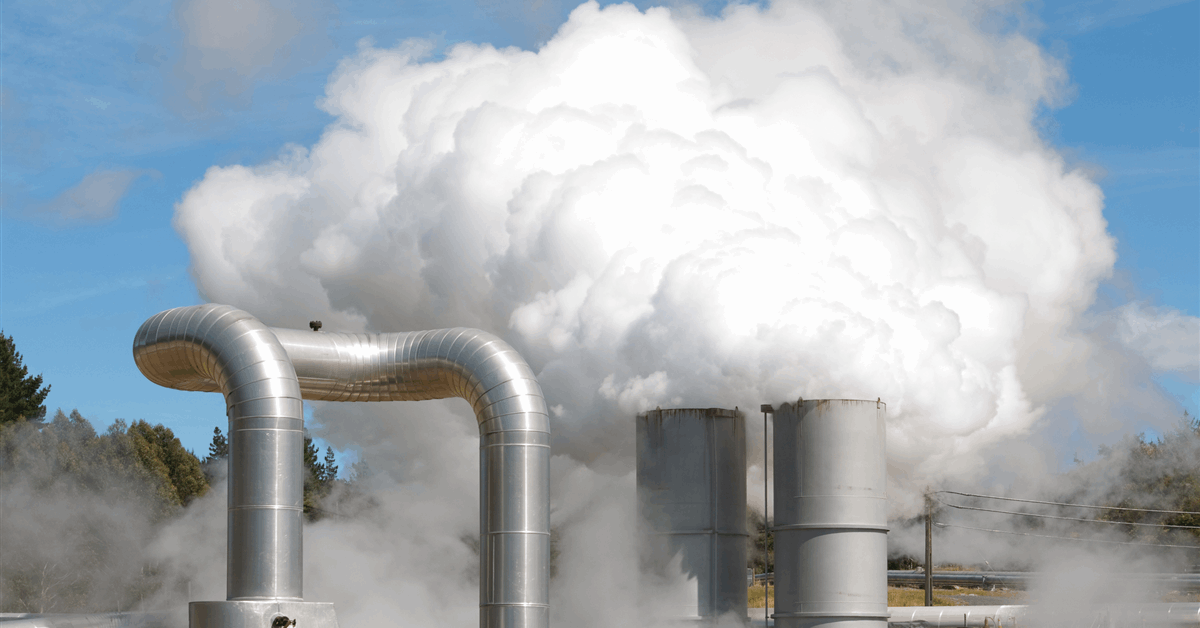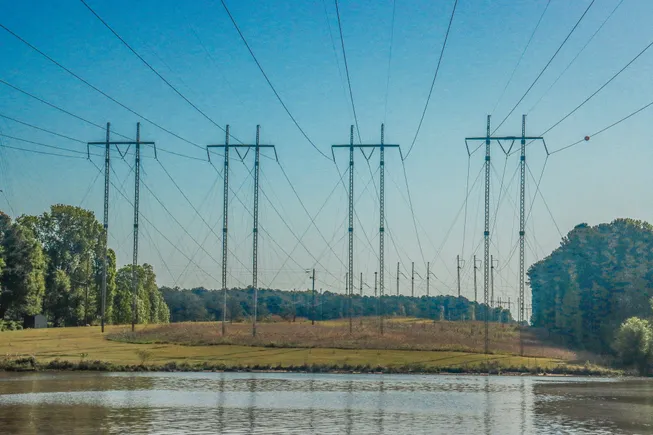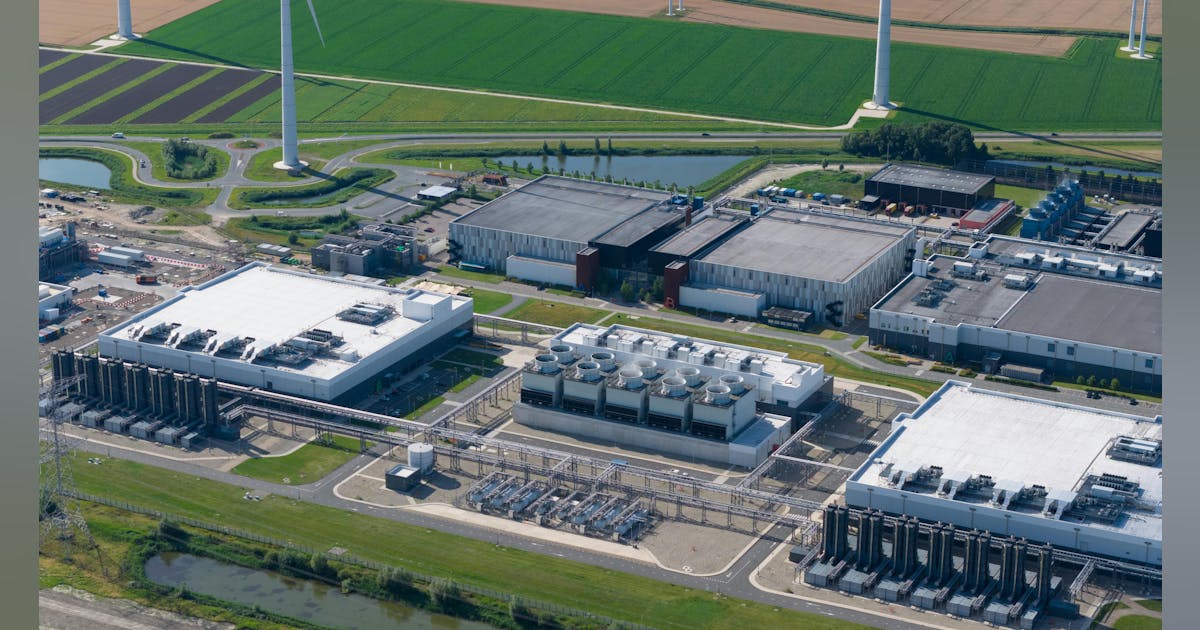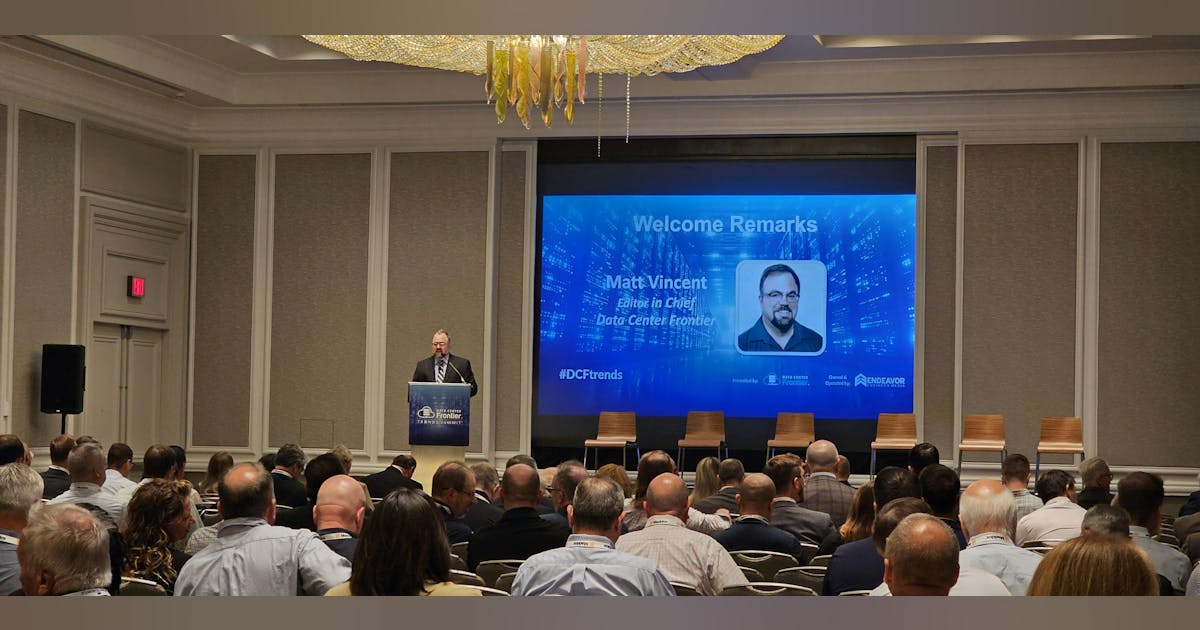
The U.S. Bureau of Land Management announced, in a statement posted on its website recently, that Bureau of Land Management geothermal lease sales in California netted over $2.7 million.
The Bureau noted in that statement that it accepted winning bids on 13 parcels across 22,685 public acres in Imperial, Lassen, and Modoc counties for $2,711,858 in total receipts for a geothermal lease sale. The Bureau said in the statement that it may issue leases once review and payment are complete.
“The sale generated an average of $117 per acre offered, supporting American prosperity by increasing potential for domestic energy production,” the Bureau stated.
“For each parcel leased, 50 percent of the bid, rental receipts, and subsequent royalties will go to the state of California, 25 percent will go to the county where the lease is located, and the remaining 25 percent will go to the U.S. Treasury,” it added.
“Geothermal lease sales support domestic energy production and American energy independence, while contributing to the nation’s economic and military security,” the Bureau continued.
“Consistent with Executive Order 14154, ‘Unleashing American Energy’, the BLM’s geothermal lease sales help meet the energy needs of U.S. citizens and solidify the nation as a global energy leader long into the future and achieve American Energy Dominance,” it went on to state.
The Bureau noted in the statement that leasing is the first step in the process to develop federal geothermal resources. The organization added that it ensures geothermal development meets the requirements set forth by the National Environmental Policy Act of 1969 and other applicable legal authorities.
In its statement, the Bureau described geothermal as “an abundant resource, especially in the West, where the BLM has authority to manage geothermal resource leasing, exploration, and development on approximately 245 million surface acres of public lands and the 700 million acres where the United States owns the subsurface mineral estate”.
In a statement posted on its website back in July, the Bureau said it leased two parcels in Malheur County, Oregon, totaling 5,235 public acres for $430,518.
“The sale generated an average of $82 per acre in total receipts, which was the most per acre revenue generated from a BLM geothermal lease sale in Oregon in recent history,” the Bureau noted in that statement.
“For each parcel leased, 50 percent of the combined bid, rental receipts, and subsequent royalties will go to the State of Oregon, 25 percent will go to Malheur County, and the remaining 25 percent will go to the U.S. Treasury,” it added.
The first geothermal project on Bureau lands was approved in 1978, the Bureau states on its site, adding that today there are 51 operating power plants producing geothermal energy from Bureau-managed lands, “with a combined total of more than 2.6 gigawatts of installed capacity”.
“Replenished by heat sources deep in the Earth, geothermal energy generates electricity with minimal carbon emissions,” the Bureau’s site notes.
“The four stages of geothermal resource development within a lease are exploration, resource drilling, production, and reclamation,” it adds.
“Each stage under the lease requires separate authorizations, as well as compliance with the National Environmental Policy Act, when ground-disturbing activities are proposed,” it continues.
According to an explainer page on the U.S. Energy Information Administration (EIA) website, which was last updated in April 2024, the U.S. had geothermal power plants in seven states in 2023, “which produced about 0.4 percent of total U.S. utility-scale electricity generation”. In 2022, 24 countries, including the U.S., generated about 92 billion kWh of electricity from geothermal energy, the explainer page stated.
“Geothermal electricity generation requires water or steam at high temperatures (300°F to 700°F),” the EIA explainer page noted.
“Geothermal power plants are generally built where geothermal reservoirs are located, within a mile or two of the earth’s surface,” it added.
To contact the author, email [email protected]






















